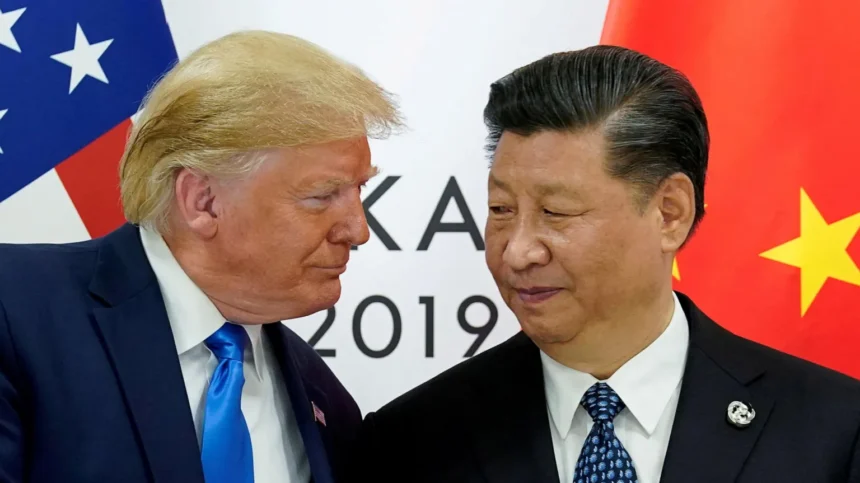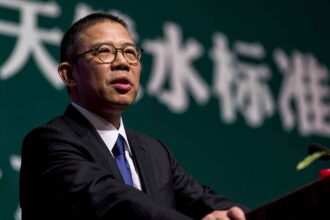China doubled down on its position regarding TikTok’s U.S. future on Saturday, a day after President Donald Trump suggested progress had been made toward shifting the app to American-controlled ownership.
In a statement, China’s Commerce Ministry stressed that its stance “is clear,” saying Beijing supports companies in conducting negotiations “in accordance with market rules to reach a solution compliant with China’s laws and regulations, and strikes a balance of interests.”
The remarks came after Trump and Chinese President Xi Jinping held a phone call Friday, with both sides signaling movement but leaving critical questions unanswered.
Among them: who will own TikTok in the U.S., what level of influence China will retain over the app’s operations, and what Beijing stands to gain by allowing Washington greater sway over one of its most successful tech exports.
TikTok, owned by Beijing-based ByteDance, boasts 170 million users in the United States. Its future has become a flashpoint in U.S.-China relations, with negotiations tied to broader trade considerations, from aircraft purchases to soybean exports. Analysts see progress on TikTok as potentially unlocking concessions in other sectors.
The Commerce Ministry urged Washington to “earnestly fulfil its corresponding commitments, and provide an open, fair, equitable and non-discriminatory business environment for the continued operation of Chinese enterprises in the U.S., including TikTok.”
Earlier this week, officials struck a framework deal in Madrid, which Chinese state media described as a “win-win.” The agreement included commitments to review TikTok’s technology exports and intellectual property licensing, an essential step for avoiding a looming ban.
Under U.S. law, TikTok faced a January 2025 deadline to divest from Chinese ownership or risk being blocked nationwide. The Madrid framework offered a temporary lifeline, but both governments remain at odds over implementation.
Asked what Beijing gained from the deal, Commerce Ministry spokesperson He Yadong pointed instead to long-term goals. “China hopes the U.S. will reduce the barriers to trade facing Chinese firms,” he told reporters Thursday.
While Trump projects confidence, analysts warn the outcome of negotiations will depend on whether Washington and Beijing can translate the Madrid framework into a durable settlement without reigniting trade tensions.
Visit our Townflex Business News Hub for more articles about finance, deals and more









